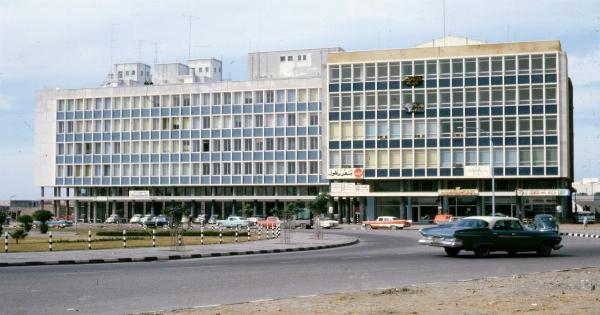Saudi Arabia is under criticism for its slow response to the MERS or Middle East Respiratory Syndrome epidemic.
According to the World Health Organization (WHO), the MERS virus has infected over 2,500 people in Saudi Arabia and caused more than 800 deaths since its emergence in 2012. Many healthcare experts believe that the government-led response to the MERS outbreak has been ineffective, resulting in significant harm to public health.
What is MERS?
MERS is a viral respiratory illness caused by the Middle East Respiratory Syndrome Coronavirus (MERS-CoV). The disease first emerged in Saudi Arabia in 2012 and has since spread to other countries in the Middle East, Asia, Europe, and North Africa.
The virus is spread through respiratory secretions, such as coughing and sneezing, and can also be transmitted through close contact with infected individuals.
The slow response of Saudi Arabia to the MERS epidemic
Many healthcare experts believe that the Saudi Arabian government’s response to the MERS epidemic has been inadequate, resulting in significant harm to public health.
The government has been criticized for failing to implement effective measures to control the outbreak, including contact tracing, quarantine measures, and diagnostic testing. Saudi Arabia has also been criticized for its lack of transparency regarding the number of cases and deaths from MERS.
The lack of preparedness of the healthcare system in Saudi Arabia has also been highlighted. There have been reports of hospitals in Saudi Arabia lacking basic infection control measures, such as hand hygiene and isolation precautions.
Healthcare workers have also been reported to lack adequate personal protective equipment when caring for MERS patients.
In addition to this, the Saudi Arabian government’s response to the MERS epidemic has been hampered by a lack of coordination and communication between different government agencies.
This has led to confusion and mixed messages being relayed to the public, which has undermined the government’s efforts to control the outbreak.
The impact of the slow response to the MERS epidemic
The slow response of Saudi Arabia to the MERS epidemic has had a significant impact on public health. The disease has spread to other countries, including South Korea, where an outbreak in 2015 resulted in 186 cases and 36 deaths.
The economic impact of the MERS epidemic has also been significant, with the tourism industry in Saudi Arabia being hit hard due to fears about the virus.
There has also been a loss of confidence in the Saudi Arabian government’s ability to manage public health emergencies.
The slow response to the MERS epidemic has led to criticism from within the country and from the international community, highlighting the need for improved preparedness and response to infectious disease outbreaks.
The need for improved preparedness and response to infectious disease outbreaks
The MERS epidemic in Saudi Arabia has highlighted the need for improved preparedness and response to infectious disease outbreaks. The WHO has called on countries to strengthen their healthcare systems to identify and respond to outbreaks quickly.
This includes having the necessary infrastructure, equipment, and trained personnel to manage outbreaks.
It is also essential to have a coordinated and effective response to outbreaks, with clear communication channels and regular updates to the public.
This will help to reduce confusion and panic, and ensure that the public has accurate and up-to-date information about the outbreak and the measures being taken to control it.
The Saudi Arabian government must learn from the slow response to the MERS epidemic and take steps to improve its preparedness and response for future outbreaks.
This includes investing in the healthcare system, improving infection control measures in hospitals, and increasing transparency and communication with the public.
Conclusion
The slow response of Saudi Arabia to the MERS epidemic has had a significant impact on public health and the economy. The government-led response to the outbreak has been criticized for its lack of preparedness, coordination, and transparency.
The MERS epidemic has highlighted the need for improved preparedness and response to infectious disease outbreaks, with a focus on strengthening healthcare systems, improving infection control measures, and increasing communication with the public.



























